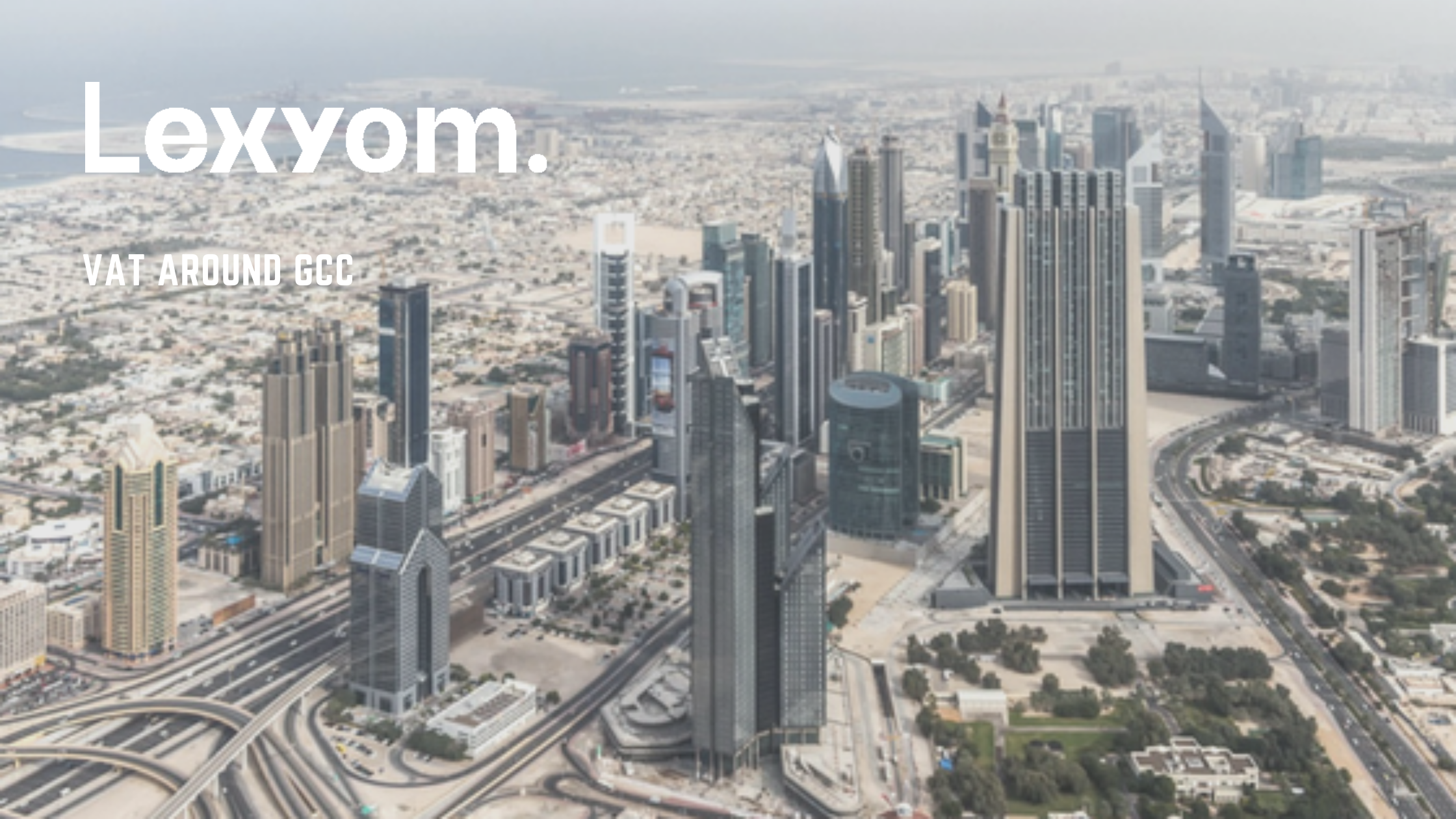To unify their VAT regulations, the Gulf Cooperation Council or GCC signed a unified VAT Agreement back in 2016.
Many countries were worried about this agreement since it was their first time introducing VAT into their systems for the United Arab Emirates (UAE) and Bahrain.
Authorities were worried that residents often had a concept that they expected help and support from the government, not the other way around, so how would residents pay the authorities’ fees?
With the passing years, out of the six signing countries, only the UAE and Saudi Arabia (KSA) implemented the VAT Agreement into their systems and had specific laws in this regard.
According to the agreement mentioned above, the agreed percentage of VAT to be implemented by the authorities was 5%. UAE and KSA implied this percentage.
Kuwait is expected to start implementing this percentage as of the year 2021.
One of the Unified VAT Agreement’s main goals and advantages is to adopt a standard percentage among all the GCC, but practically this did not happen. As mentioned before, only the UAE and KSA have implemented their rules.
With the vision 2030 of the KSA and its intention to develop its sectors and try to rely more on its health and tourism sectors, the government revealed that it would amend its VAT percentage rate and increase it from 5% to 15%.
After such a declaration, people were anxious since this will affect the customers’ ability to purchase. The traders’ profit margins will be affected.
Residents in the UAE and people operating in the UAE were also worried that the government would soon follow KSA’s steps and increase the VAT rate. Still, the government has declared that there are no intentions or thoughts to implementing any new VAT percentages for the near future.
Since talking about VAT, there is an essential idea that we need to shed some light on “UAE free zones.”
Let us tackle the following scenario:
You have incorporated your business that deals with selling goods in DAFZA. You want to sell your products in the UAE, will the business be liable for any VAT?
The answer is yes.
The business will have to pay a 5% VAT in custom clearance. Therefore the seller will charge the buyer an additional 5% to pay it to the customs clearance.
Concluding on the aforementioned, even if the GCC signed a Unified VAT Agreement, in practice, we notice that only two countries were the committee to the agreement and abided by it. Later on, KSA has decided to increase the amount mentioned in the agreement to make the UAE the only country respecting the agreement.







